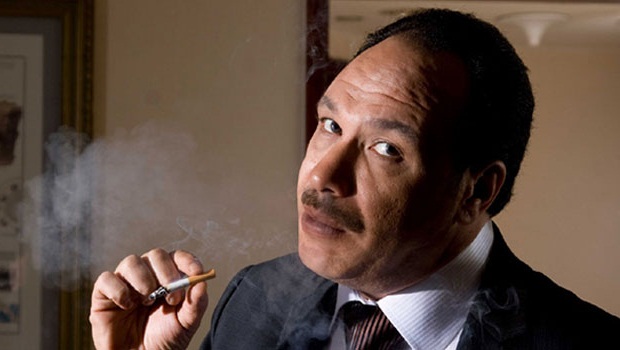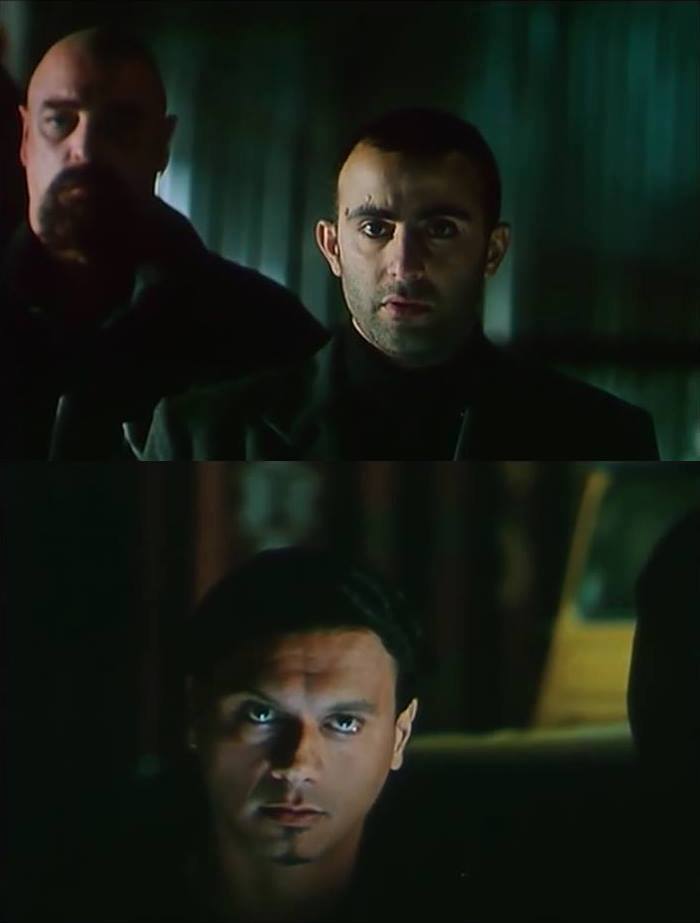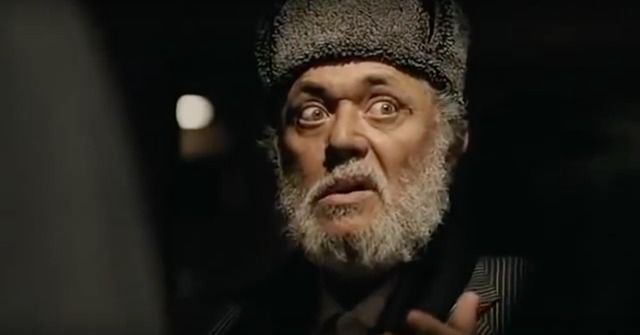Via IMDb
What’s a good film without a villain? The answer is nothing much! We are not just talking about villains like the Joker, but other antagonists who make the life of the leading characters a living hell due to greed, natural viciousness, or a relatable past trauma that turned them into monsters.
The best cinematic villains are those we can relate to without condoning their misdeeds. Instead, they are more of a cautionary tale of what not to be as a person, although they are everywhere around us and have many different versions.
So, let us break down some of the most memorable villains found in Egyptian cinema right here.
1- Taher Pasha (Nahr El-Hob)
This heartbreaking retelling of Anna Karenina wouldn’t be what it is if it weren’t for the agonising character of Nawal’s much-older husband, who tormented and kept her locked up for years, using Nawal’s child as leverage.
The complex character of Taher Pasha was portrayed masterfully by the legendary Zaki Rostom. It is also notable to say that Zaki Rostom played multiple villains in some of our favourite classics. However, every villain was very different from the other due to Zaki’s unique gravitas and unprecedented persona.

Via Eye on Cinema
2- Refaat El Sokkary (Tito)
The late Khaled Saleh has given us several masterful performances throughout his legendary career, both in TV and cinema. He played all sorts of roles to perfection, from comedy and action to unforgettable villains. One of his most memorable and successful early roles was in Tito, in which his character, Refaat, hired Tito, a thug and hitman, to do his dirty work for him. But Refaat wouldn’t let Tito go to live a clean life when the latter wanted a fresh start.
What’s most memorable about this incredible antagonist is what Khaled Saleh did with his physical performance and the intense dialogue exchanges with Ahmed El Sakka. Ultimately, his performance was eclectic, switching between benevolent and terrifying on a whim.

Via Sout Al-Omma
3- Irina Ivanovitch (El Rahina)
One of the best-written and well-executed female villains in Egyptian cinema was El Rahina’s Irina Ivanovitch, who we can thank the star Nour and director Sandra Nashaat for. In this movie, Nour switched gears and played Irina, a psychopathic criminal mastermind who made us laugh and terrified us at the same time.
Her kidnapping of Salah Abdallah’s Dr Makram Sahab was simply chilling, though what makes the role unforgettable was Nour’s dedication to the character. We also appreciate this character for introducing a new kind of female villain: Fearsome, sexy, crazy, and all kinds of evil.

Via El-Cinema
4- El Gazzar (Mafia)
Mafia was a modern classic and a smash hit that took us all by surprise when it cast a then-unknown actor, Abbas Abo El Hassan, to play its villain, El Gazzar. In this movie, El Gazza is a foreign criminal who wreaks havoc on our beloved Ahmed El Sakka and his team of Egyptian intelligence officers. Abbas Abo El Hassan was not only a major success in this role, but years later, the character became an internet meme sensation due to his iconic lines!
Even his vocals and facial expressions added to his horrifying nature, making us root for the good guys to take him down. It is safe to say that Abbas Abo El Hassan has set the path for similar roles to be written for action/spy thrillers, both in cinema and on TV.

Via Black Shirts
5- Abdelmalek Zarzour (Ibrahim El-Abyad)
One of Egypt’s most brilliant actors, Mahmoud Abdelaziz added even more to his impressive cinematic legacy when he took the role of Abdelmalek Zarzour, the best Egyptian villain of the 2000s. In Ibrahim El Abyad, Zarzour is a crime lord who terrorises multiple neighbourhoods of Old Cairo and takes advantage of young men and women who don’t know any better.
The late icon Mahmoud Abdelaziz received tons of regional and international praise from critics and viewers alike for his Godfather-esque approach to the character. We can’t even begin to imagine what our cinematic landscape would have been like if that type of villain wasn’t a part of it.







